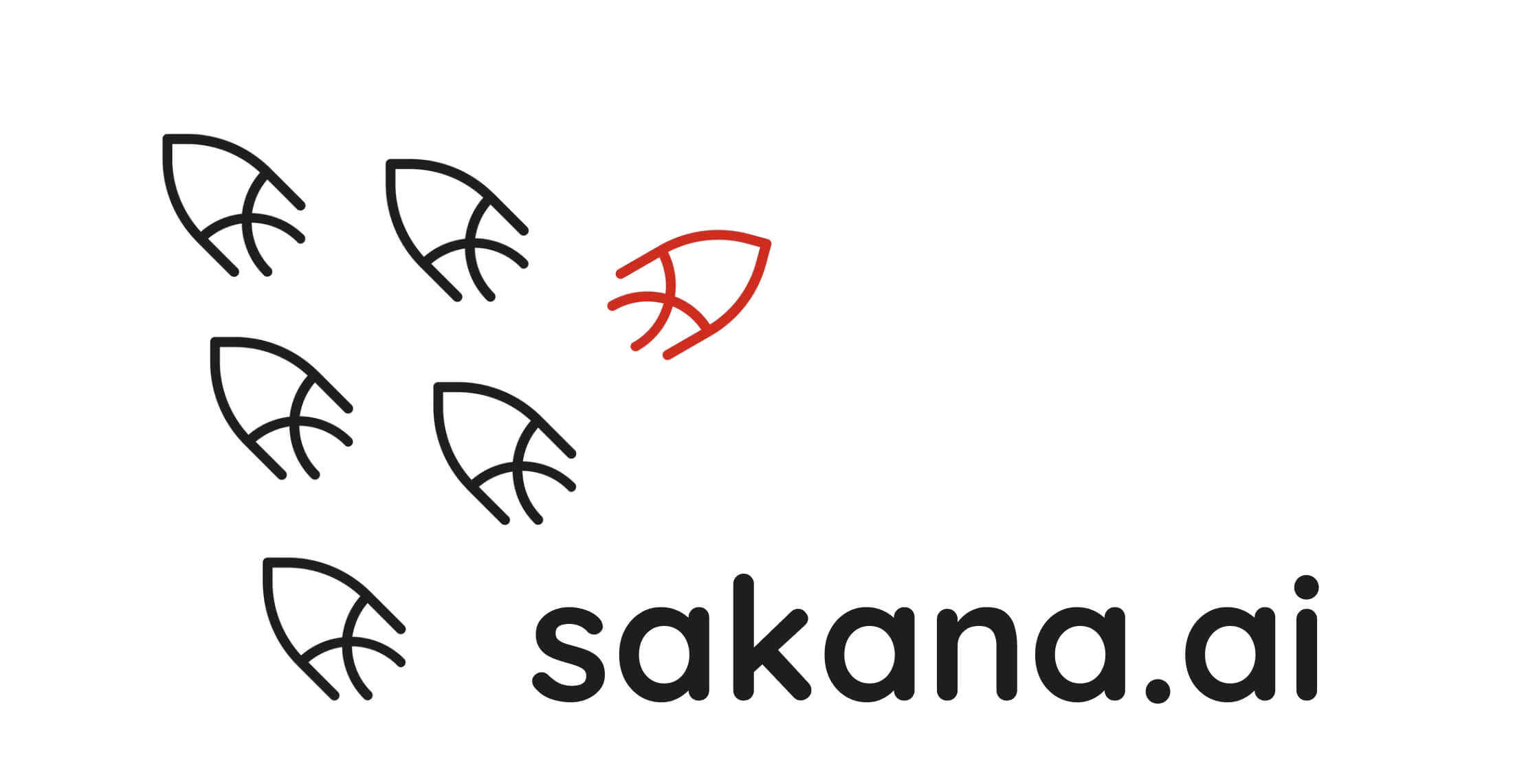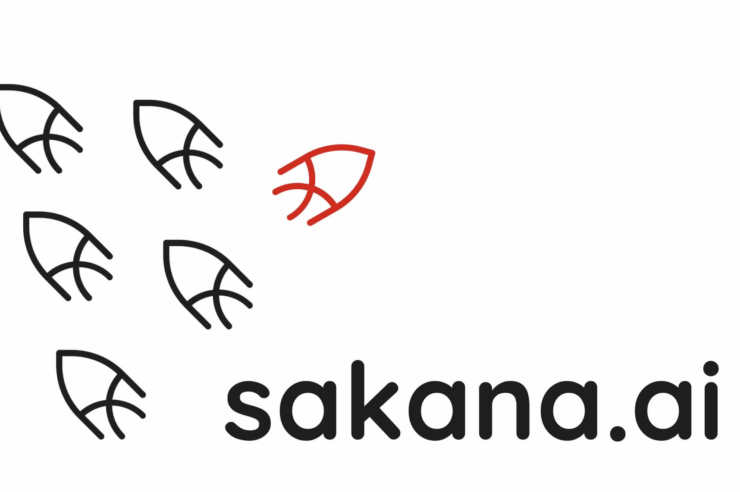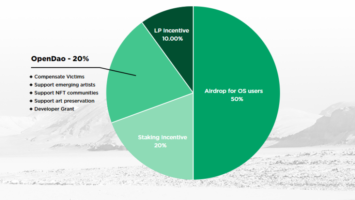As the landscape of generative artificial intelligence experiences a dynamic shift, Google’s research legacy finds new life in Sakana AI, a Tokyo-based startup reimagining AI through the lens of nature’s collective intelligence. The realm of generative artificial intelligence (gen AI) is experiencing a rapid evolution, where giants like OpenAI, Meta, and Google vie for dominance while their in-house talent sets off to launch their own gen AI startups.
TL;DR:
- Google’s gen AI legacy sparks innovation in Tokyo-based startup Sakana AI, founded by former Google researchers.
- Sakana AI pioneers a nature-inspired approach, building collaborative AI models reminiscent of swarm behavior for flexibility and efficiency.
- Tokyo’s advanced tech infrastructure propels Sakana AI’s mission to reshape AI landscape with cost-effective and adaptive solutions.


How Is Sakana AI Different From Other Gen AI?
In a significant departure last month, Llion Jones, co-author of the groundbreaking 2017 research paper “Attention Is All You Need,” announced his exit from Google to establish a new startup, Sakana AI, based in Tokyo. Partnering with him is David Ha, a former Google Brain researcher and head of research at Stability AI.
Their venture is rooted in biomimicry. It draws inspiration from nature’s collective intelligence – systems like fish schools and beehives – to design AI models that are agile, responsive, and economically efficient.
Sakana AI aims to leverage this concept to craft an innovative generative AI model. One capable of producing text, images, code, and multimedia content. Moreover, the company’s distinctive approach involves building numerous smaller AI models that collaborate in a swarm-like manner to deliver complex outcomes. This strategy stands in contrast to the common trend of constructing extensive AI systems.
Their swarm-based approach, akin to nature’s adaptability, aims to match the results of larger systems while remaining cost-effective and flexible. As Ha explained to Bloomberg, “Ants move around and dynamically form a bridge by themselves, which might not be the strongest bridge, but they can do it right away and adapt to the environments.”
More About The Project
Sakana AI’s choice to establish its headquarters in Tokyo is strategic. It capitalizes on the city’s technical infrastructure and skilled talent pool to foster AI startup growth and attract global expertise.
The founders emphasize that their vision transcends AI model creation. They propose an evolutionary computing approach. This addresses the inflexibility issues plaguing current AI systems. While they have contemplated employing large language models (LLMs) like Google’s, their focus remains on a diverse approach that aligns with nature’s adaptable systems.
Jones and Ha’s transition from Google to Sakana AI reflects challenges in the AI sector. With concerns about bureaucratic constraints and innovation-sharing. Sakana AI’s embrace of the swarm concept and evolutionary computing principles offers a promising alternative. Their model aims at providing adaptable and economical AI solutions. As Tokyo emerges as an AI innovation hub, Sakana AI’s presence contributes significantly to the evolution of generative AI. This marks a transformational collaboration for the industry’s future!
All investment/financial opinions expressed by NFTevening.com are not recommendations.
This article is educational material.
As always, make your own research prior to making any kind of investment.






















Comments (No)